hGH, Thyroid hormones & Aldosterone
By: HWC
Date Uploaded: 11/20/2019
Tags: homeworkclinic.com Homework Clinic HWC hGH hypothalamic releasing hormone somatotroph cells glycogenolysis Thyroid hormones ATP Aldosterone
Glycogenolysis and lipolysis • Stressors stimulate production of a hypothalamic releasing hormone (GHRH). • The releasing hormone stimulates somatotroph cells of anterior pituitary to secrete human growth hormone. • Human growth hormone targets liver cells and fat cells. hGH (glycogenolysis and lipolysis) • Stressors stimulate production of a hypothalamic releasing hormone (GHRH). • Increased hGH causes liver cells to undergo glycogenolysis - breaking down glycogen into glucose. • Increased hGH causes adipose cells to undergo lipolysis, which mobilizes stored lipids for energy use. • The increased nutrients (glucose and fatty acids) are released into the blood, travel to body cells and are used to increase available ATP within the cells. Glucose and lipid catabolism • Stressors stimulate production of a hypothalamic releasing hormone (TRH) which, in turn, stimulates the production of thyroid stimulating hormone (TSH). • TSH stimulates the production of thyroid hormones from the follicular cells of the thyroid gland. • The thyroid hormones target body cells . • Increased thyroid hormones: • increase cellular metabolism by increasing glucose catabolism ( production of more ATP) -this also results in increased body temperature. • increase lipolysis to provide cells with energy for cellular metabolism from lipids. • The overall result is an increase in oxygen, lipid and glucose used to fuel a faster production of ATP within cells in order to reduce stress. Aldosterone (Na ion/Water reabsorption and K/H ion secretion) • Stressors stimulate production of hypothalamic releasing hormones, Corticotropin releasing hormone(CRH) and adrenocorticotropic hormone (ACTH). • CRH and ACTH stimulate the production of aldosterone from the zona glomerulosa cells of adrenal cortex. Na ion/Water reabsorption and K/H ion secretion • Aldosterone binds to the cells of the distal convoluted tube and the collecting ducts of the nephron. • Aldosterone promotes: • Increased Na+, Cl- and HCO3 reabsorption • Increased water retention • Increased K+ and H+secretion • Aldosterone acts to conserve Na+ and eliminate H+ - preventing a lowered body pH during stress. Water is also conserved due to the osmotic gradient produced by Na+ retention, which helps maintain blood volume in case of blood loss.
Add To
You must login to add videos to your playlists.
Advertisement



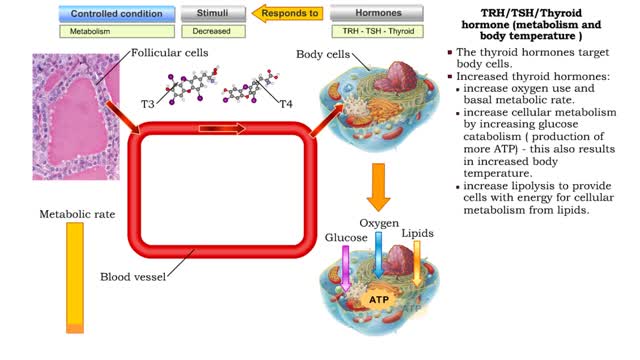
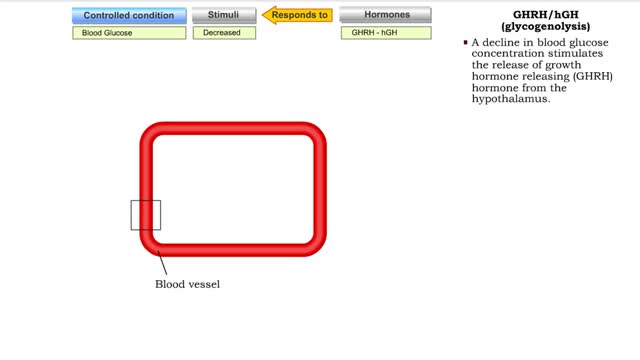
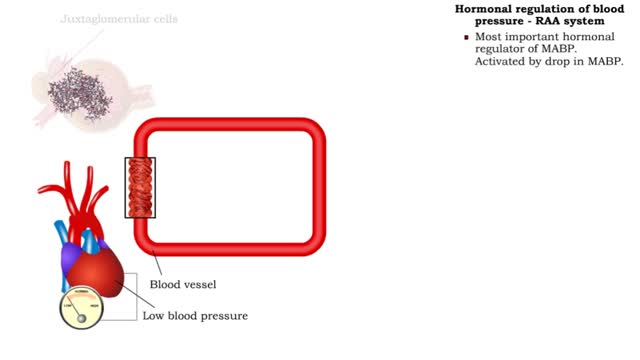
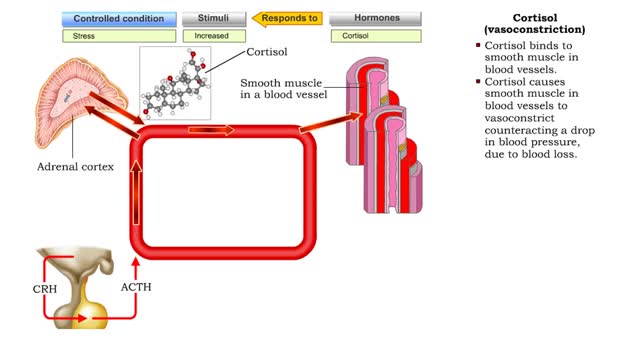
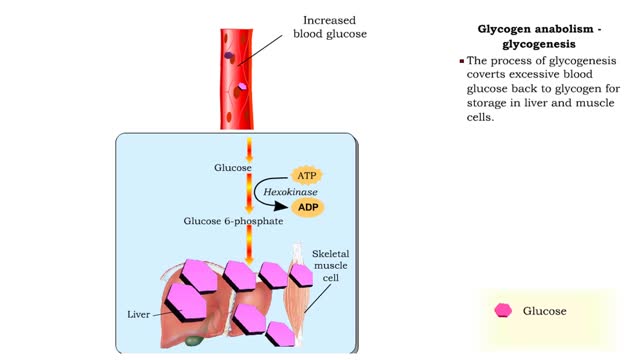
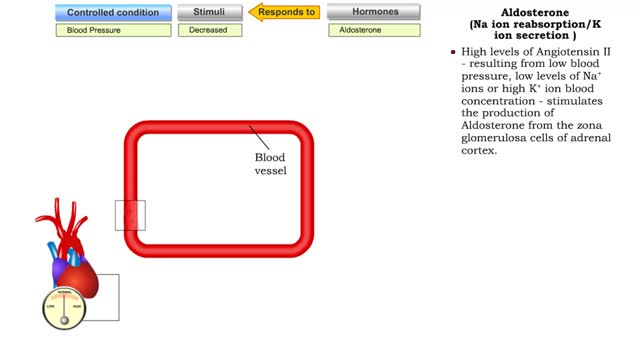
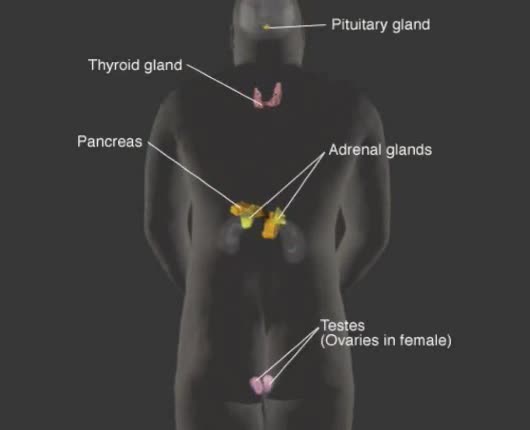
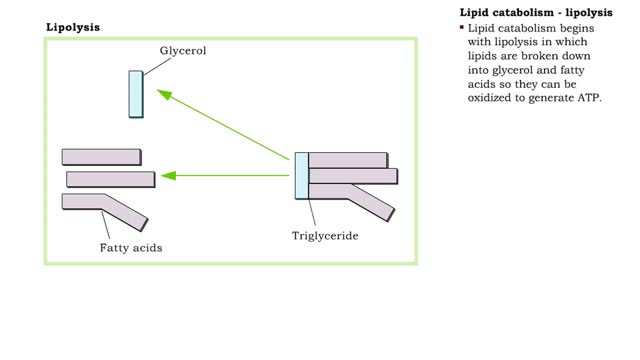
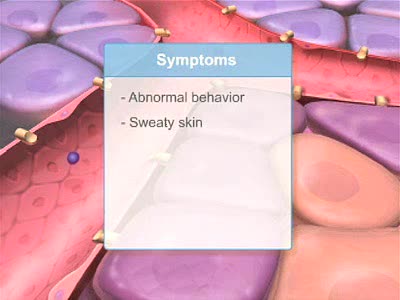
Comments
0 Comments total
Sign In to post comments.
No comments have been posted for this video yet.